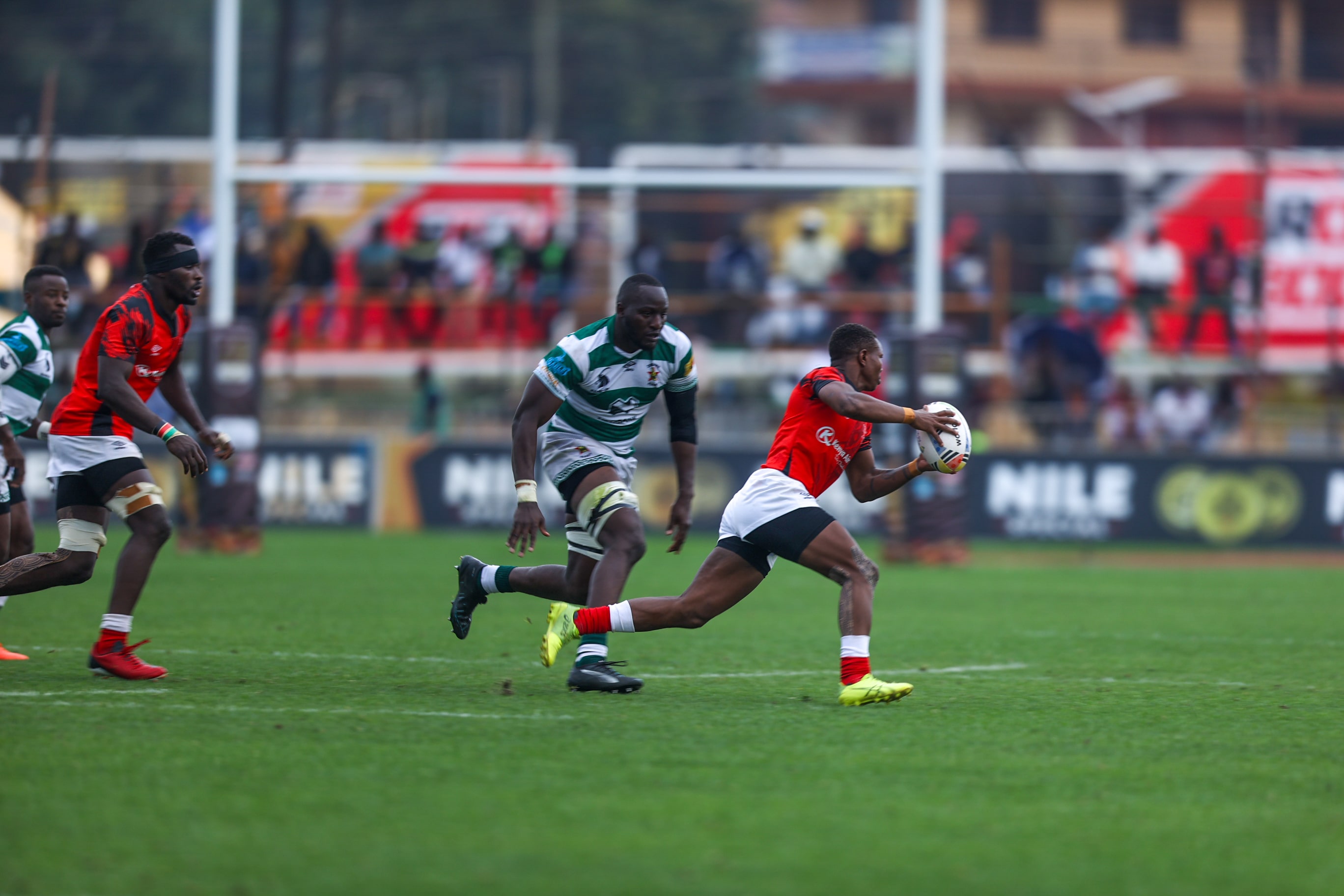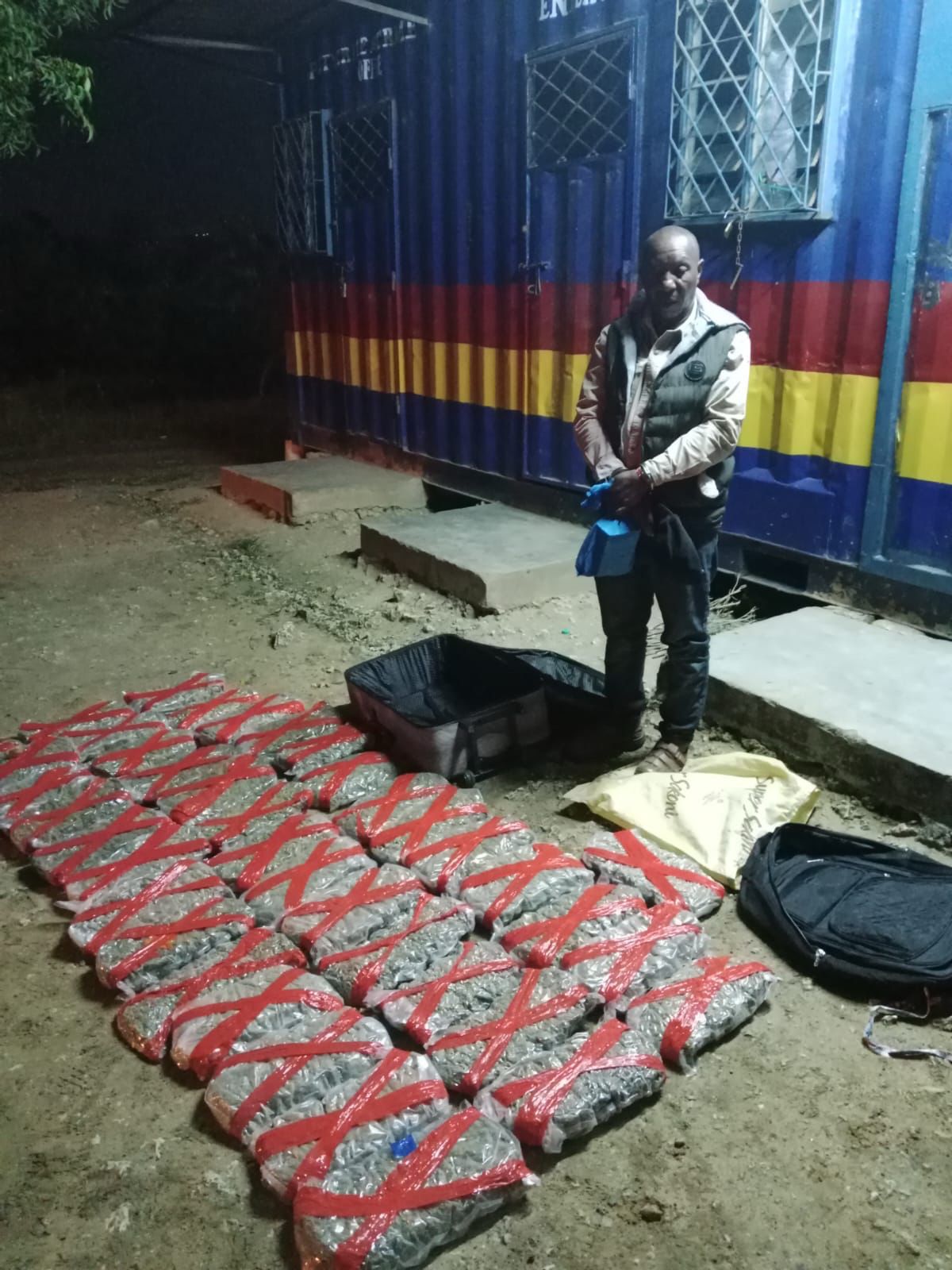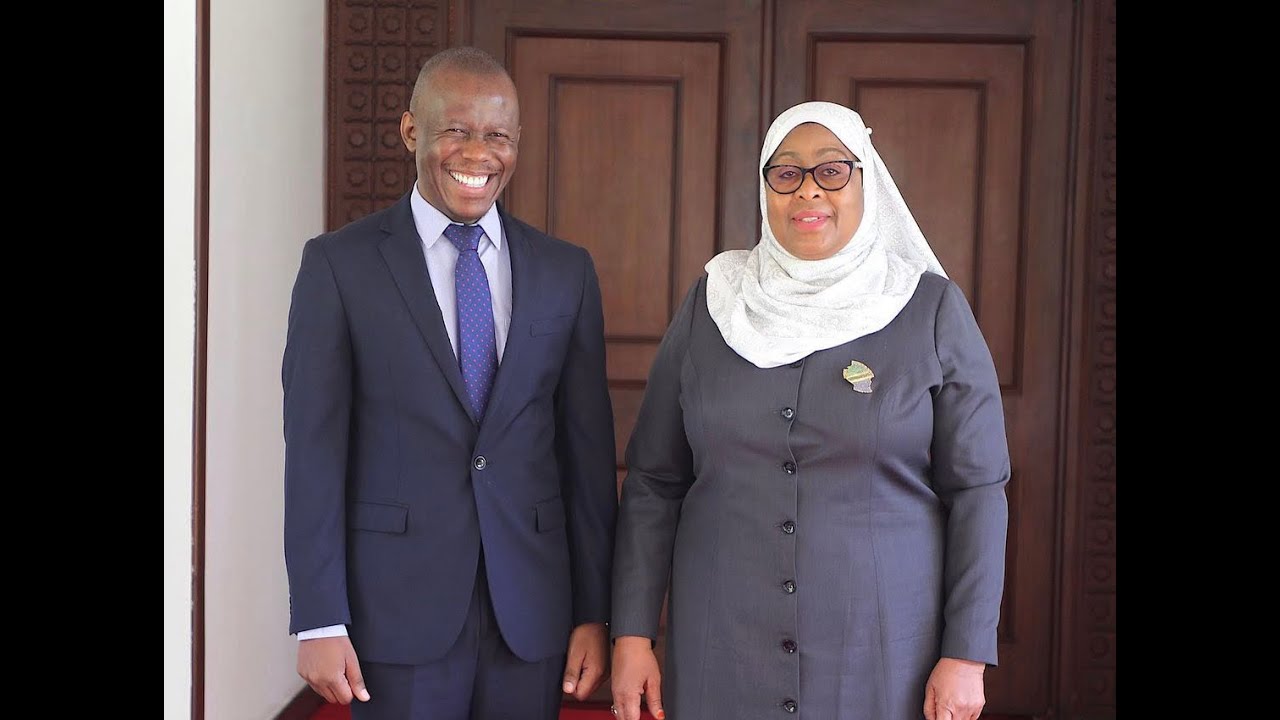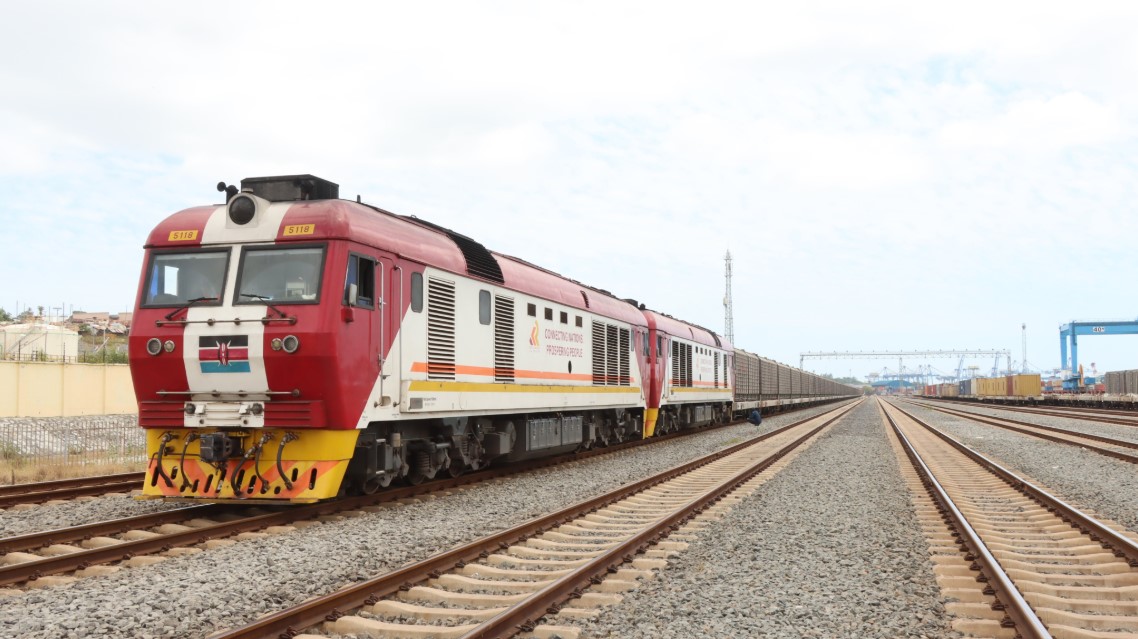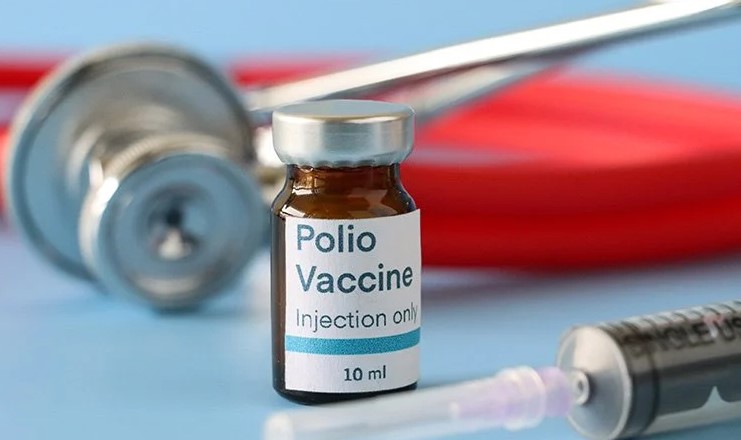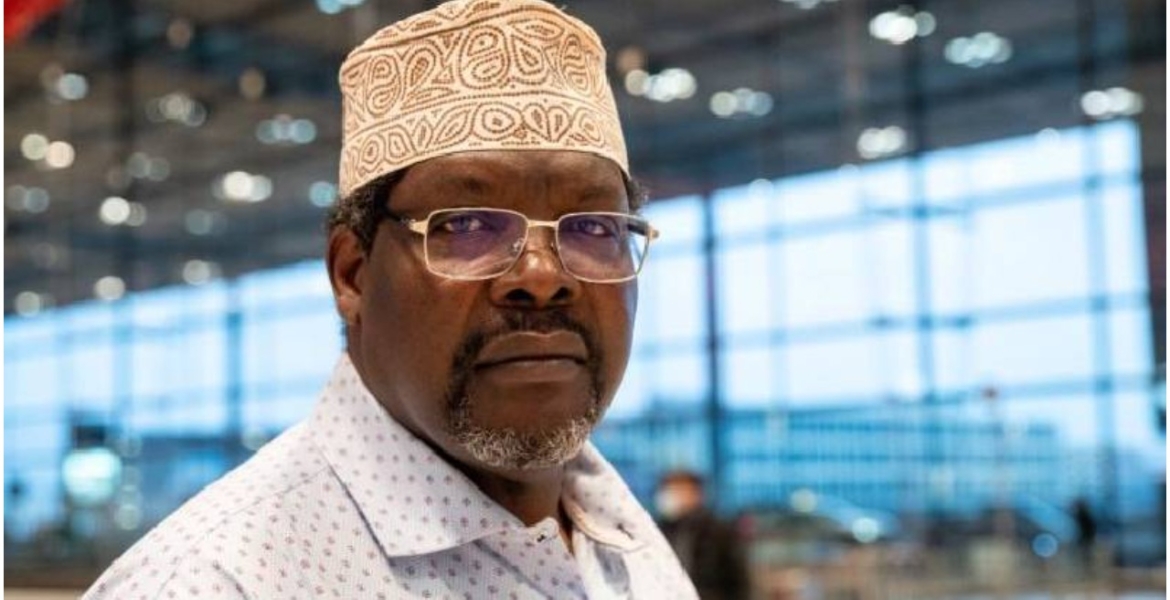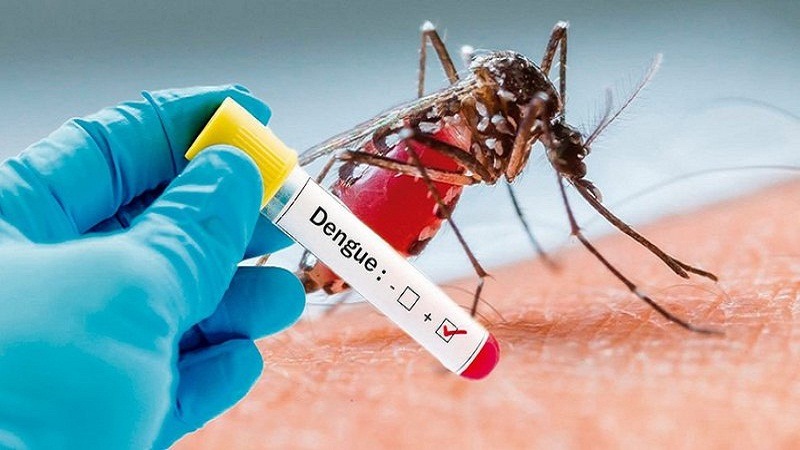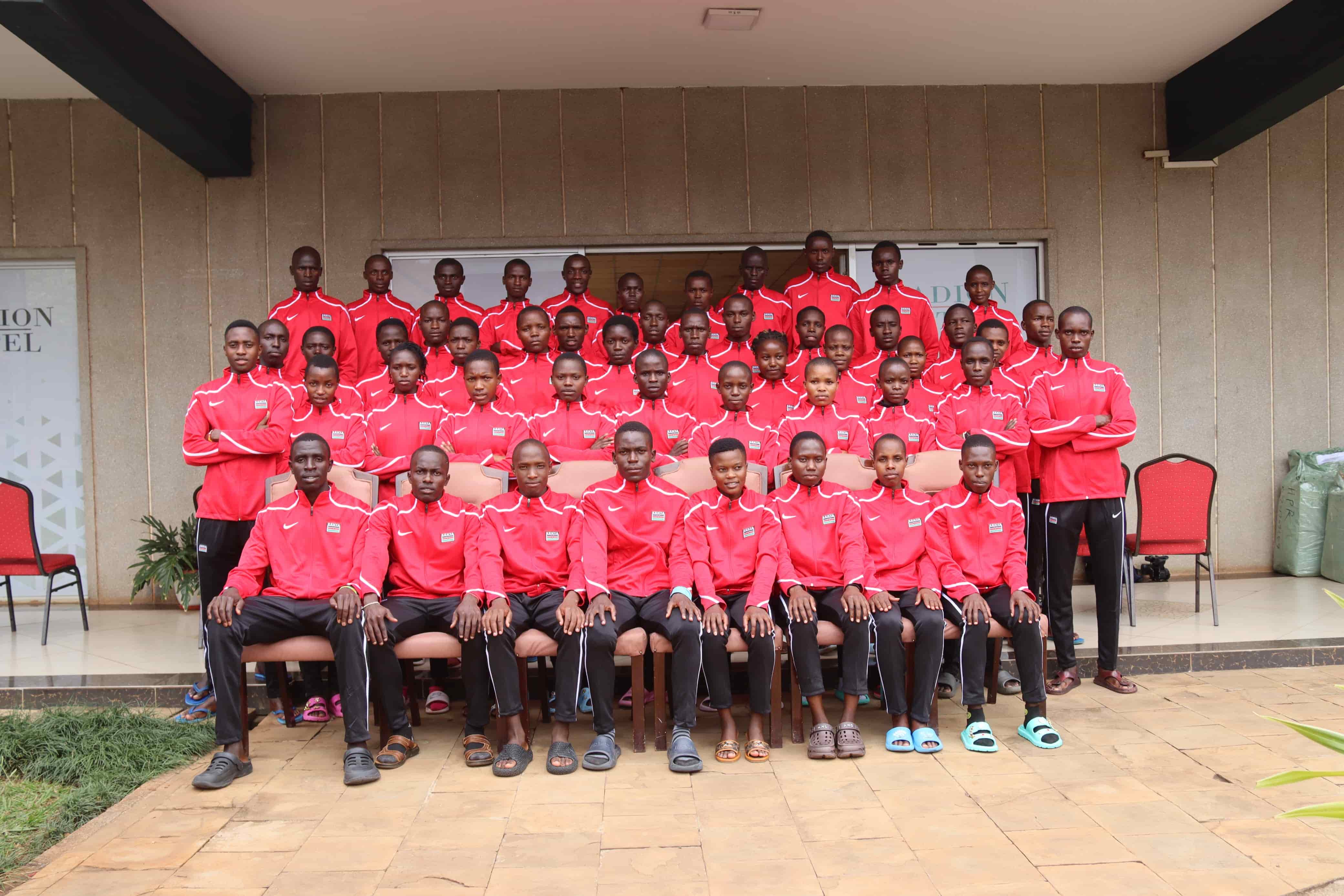Malnutrition crisis deepens in Sudan's South Darfur area with growing conflict
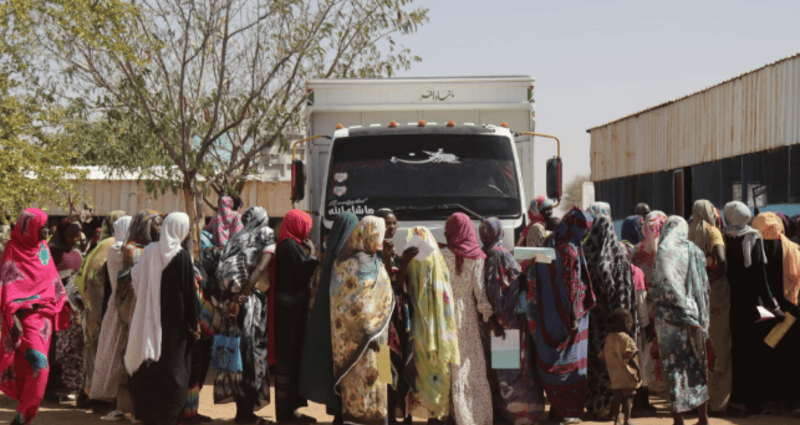
This time of year, known as the hunger gap, is when people in South Darfur face the most difficulty accessing food. MSF warns that supplies for malnutrition treatment must be pre-positioned now, or communities will be completely cut off once the rains begin.
The escalating conflict in Sudan has thrown South Darfur into a deep crisis, with millions of people facing a severe lack of food.
The ongoing violence has devastated families, displacing them from their homes and leaving them without the means to support themselves. In this dire situation, Médecins Sans Frontières (MSF) teams have witnessed firsthand the struggles of internally displaced people in areas like Nyala.
More To Read
- ICC finds evidence of war crimes, sexual violence in Darfur
- Cabinet shake-up in Sudan as transitional PM Kamil Tayyib Idris seeks stability amid civil war
- WFP resumes emergency food airdrops in South Sudan’s Upper Nile State
- Sudan accuses UAE of 'manipulating global forums' to shield RSF
- Ethiopian PM Abiy Ahmed pushes for sea access, avoids war - for now
- PM Abiy calls for unity amid Egypt, Sudan tensions as Ethiopia completes grand dam construction
These families, already vulnerable, are now more susceptible to malnutrition, which is spreading rapidly across the region.
South Darfur's population, especially children under five years old and pregnant and breastfeeding mothers, is bearing the brunt of this growing crisis.
In 2024, MSF reported that over 7,200 children and women in the region were admitted to their outpatient feeding programmes for severe malnutrition. Severe acute malnutrition is a life-threatening condition, and without treatment, many are at risk of death.
The lack of sufficient humanitarian aid reaching South Darfur makes the situation worse. Despite the efforts of MSF and a few other organisations, there are major gaps in the provision of life-saving services, including nutrition programmes.
The United Nations and other international bodies have been slow to provide the level of assistance required to meet the overwhelming needs of the displaced and malnourished population.
MSF has been responding to the crisis by providing therapeutic food to those suffering from malnutrition.
The organisation's outpatient feeding programmes offer food that families can take home, but the sheer scale of need is overwhelming.
In December 2024, MSF started distributing food parcels to entire families of children and pregnant or breastfeeding women enrolled in the nutrition programmes.
This effort aims to address the wider issue of food insecurity and help provide short-term relief to struggling households.
"To reduce instances where the child's therapeutic food is divided amongst the hungry relatives, we provide a family ration for two months," said Hunter McGovern, MSF’s food distribution coordinator in South Darfur.
"This allows the child to receive the full course of their nutrition therapy while improving the nutrition situation of the whole family. Even with this activity in progress, the needs remain overwhelming."
Each family receives food rations amounting to 2,000 calories per person per day, designed to sustain them for two months. These distributions help support the treatment of malnourished children and ensure that the entire household has the food they need. However, the crisis is intensifying, and MSF has found that family sizes are often much larger than anticipated, sometimes reaching ten people per household.
This stark reality highlights the severity of the food shortage and the increasing need for additional assistance.
The overwhelming need for food has led to desperate measures, with many people travelling long distances in search of food for their loved ones.
MSF reports instances where people have travelled after hearing that a relative has received food assistance, highlighting how far people are willing to go in the hopes of alleviating their hunger.
As the rainy season approaches, the situation is expected to worsen. The rainy season will make it extremely difficult to transport supplies to South Darfur, exacerbating the already dire food insecurity.
This time of year, known as the hunger gap, is when people in South Darfur face the most difficulty accessing food. MSF warns that supplies for malnutrition treatment must be pre-positioned now, or communities will be completely cut off once the rains begin.
“The scale of the crisis far exceeds the capacities of the limited number of organisations currently responding,” MSF said.
"We are fast approaching the rainy season and the hunger gap, the time of the year when it is most difficult for people in South Darfur to access food and when it is most difficult for humanitarian supplies to reach the state."
MSF emphasises the need for continued and expanded support to local responders in South Darfur. "Running food distributions and expanding therapeutic feeding programmes are challenging but possible, and they are essential for preventing further suffering and loss of life."
As the situation continues to deteriorate, there is an urgent call for greater humanitarian action. Without additional resources and coordinated efforts, many more lives will be lost, and the malnutrition crisis will spiral further out of control.
The people of South Darfur are in desperate need of help, and it is critical that international organisations and governments act quickly to prevent an even greater tragedy.
Top Stories Today

